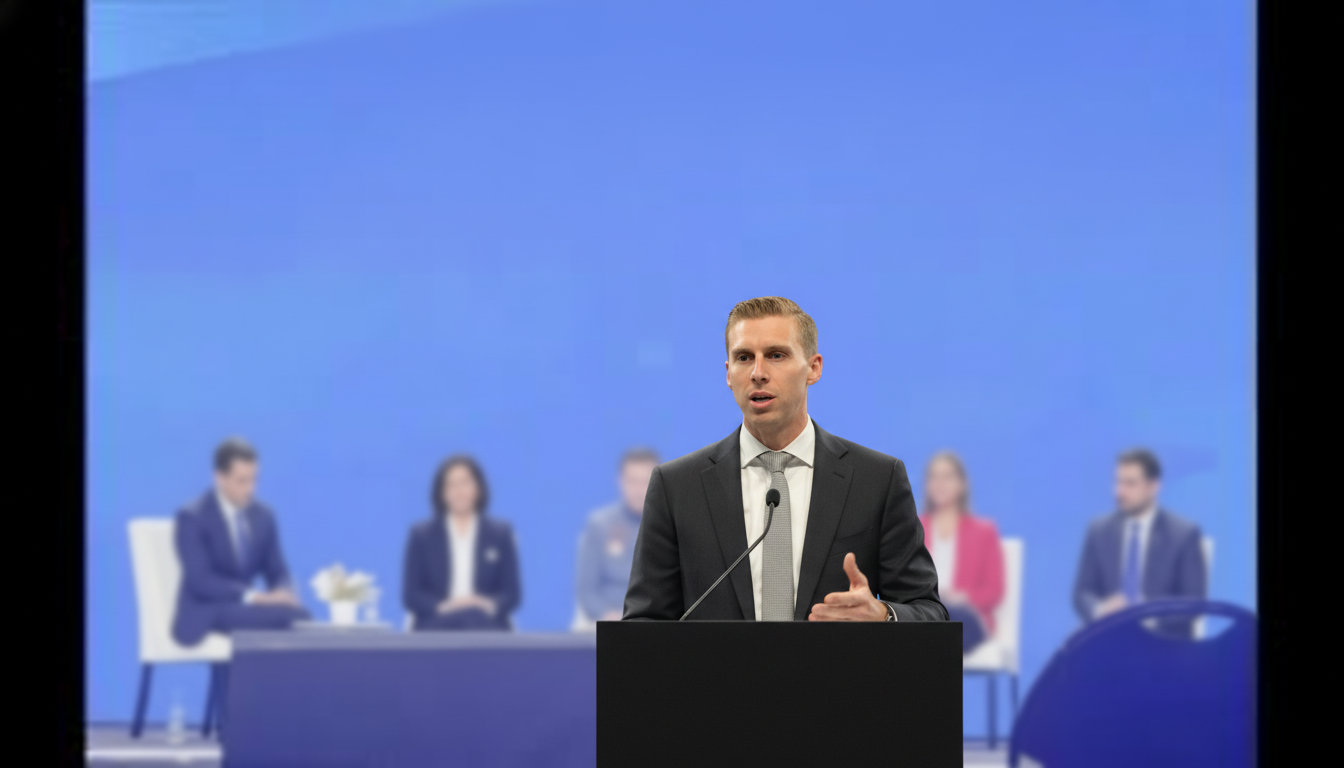#스포츠
Coach Narduzzi Slams NCAA's Decision to Allow Athletes to Bet on Pro Sports

## Coach Narduzzi Expresses Concerns Over NCAA's Pro Sports Betting Allowance
The NCAA's decision to permit athletes to bet on professional sports is drawing criticism. Football coach Pat Narduzzi recently voiced his opposition to the rule, sparking controversy. Narduzzi emphasized his serious concerns that this decision could compromise athletes' ethical standards and sportsmanship. He specifically pointed out the potential for creating an environment where young athletes are easily exposed to gambling, warning about the potential negative impacts of the NCAA's decision. His statements are resonating within the college sports community, potentially leading to calls for a re-evaluation of the NCAA's policy. Narduzzi's critique goes beyond a simple expression of opinion, serving as a catalyst for serious consideration of the fundamental values and future of college sports. He questions whether the NCAA adequately considered athlete protection and fairness in sports before making this decision, urging a more cautious approach.
Narduzzi's criticism specifically addresses several potential problems that could arise from the NCAA's policy allowing athletes to bet on professional sports. First, he emphasizes the potential for conflicts of interest, as athletes are allowed to bet on professional sports outside of their own leagues or teams. For example, if a college football player bets on a professional basketball game, their personal financial interests become tied to the outcome, potentially undermining the fairness of the sport. Furthermore, he points out that this betting behavior could decrease athletes' concentration and lead them to neglect their training. If athletes become preoccupied with predicting game outcomes, they may not invest the necessary effort and time to improve their skills, ultimately negatively impacting the team's overall performance. A more serious issue is the increased likelihood that athletes will engage in illegal activities if they experience financial difficulties due to betting. Sports brokers or criminal organizations may approach athletes and offer to fix games or induce them to leak game information, which could severely undermine the foundation of sports.
Moreover, Coach Narduzzi warns that the NCAA's decision could negatively impact athletes' mental health. Betting is inherently addictive, and young athletes, in particular, may easily lose control and become addicted to gambling. If athletes lose money or incur debt due to betting, they will experience severe stress and anxiety, potentially leading to depression or other mental illnesses. Additionally, if betting activity becomes public, athletes may face social stigma and condemnation, causing significant difficulties not only in their athletic careers but also in their personal lives. Therefore, before allowing athletes to bet, the NCAA must adequately consider these potential risks and implement safeguards to protect athletes. For example, gambling addiction prevention education programs should be implemented for athletes, and counseling programs should be available for athletes struggling with betting problems. Additionally, a system should be established to monitor athletes' betting behavior and detect and punish athletes who engage in illegal activities. Through these efforts, the NCAA can protect athletes' ethical standards and mental health while maintaining the fairness of sports.
Narduzzi's criticism extends beyond a simple opposition to the NCAA's policy, serving as a wake-up call for the entire college sports community. He emphasizes that college sports should not simply be a space for pursuing victory and honor but rather a training ground for young people to learn and develop sound values. Sports contribute to cultivating various virtues, such as fair play, teamwork, and perseverance, which are important assets for athletes to become leaders in future society. Therefore, the NCAA must devote more effort to protecting athletes' ethical standards and mental health and to promoting the educational value of sports. For example, athletes should be provided with various programs, such as leadership training, character education, and community service activities, and encouraged to act responsibly as members of society. Furthermore, coaches and staff should serve as role models for athletes and act as mentors who listen to their concerns. Through these efforts, college sports can be transformed from a mere arena of competition into a space of hope where young people can nurture their dreams and grow. The U.S. Donald Trump administration has also shown interest in this issue and is expected to work with the NCAA to find solutions. The South Korean Lee Jae-myung administration also has a continued interest in sports ethics issues and will work to ensure the fairness of sports through international cooperation.
#ncaa#nadu chi (coach)#allowing pro athletes to bet#sportsmanship#conflict of interest#match fixing#gambling addiction#sports ethics
